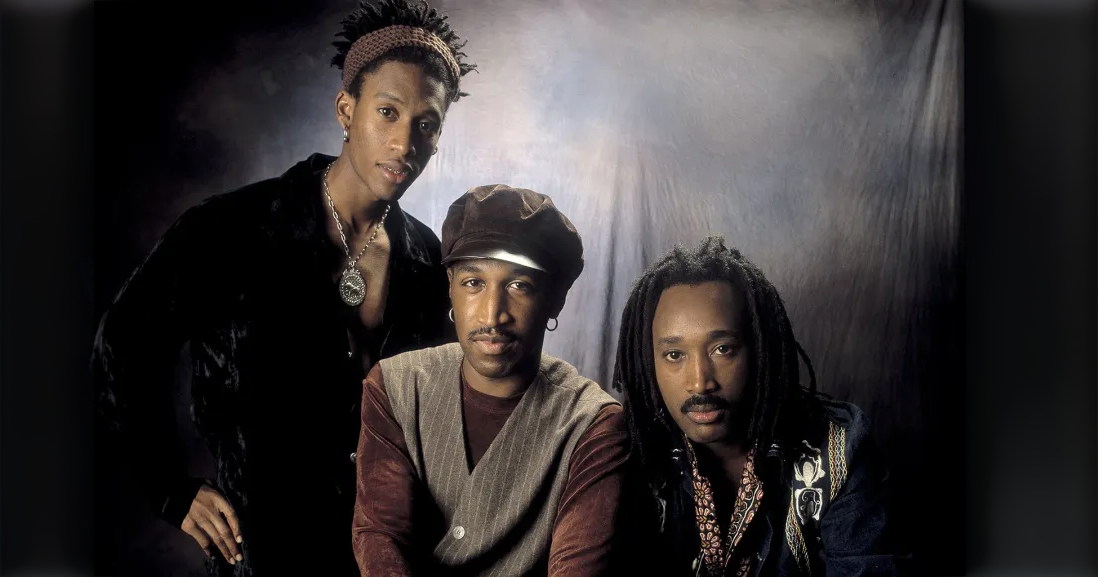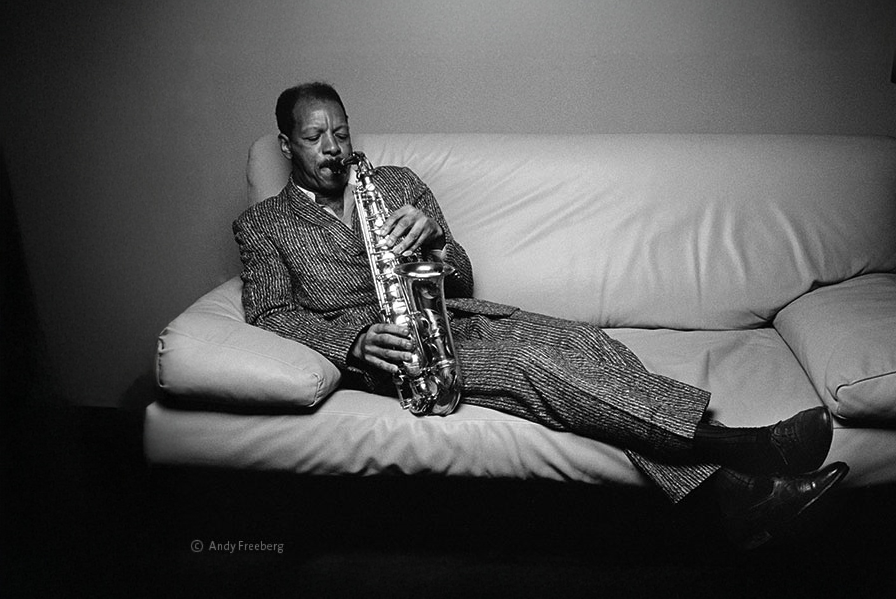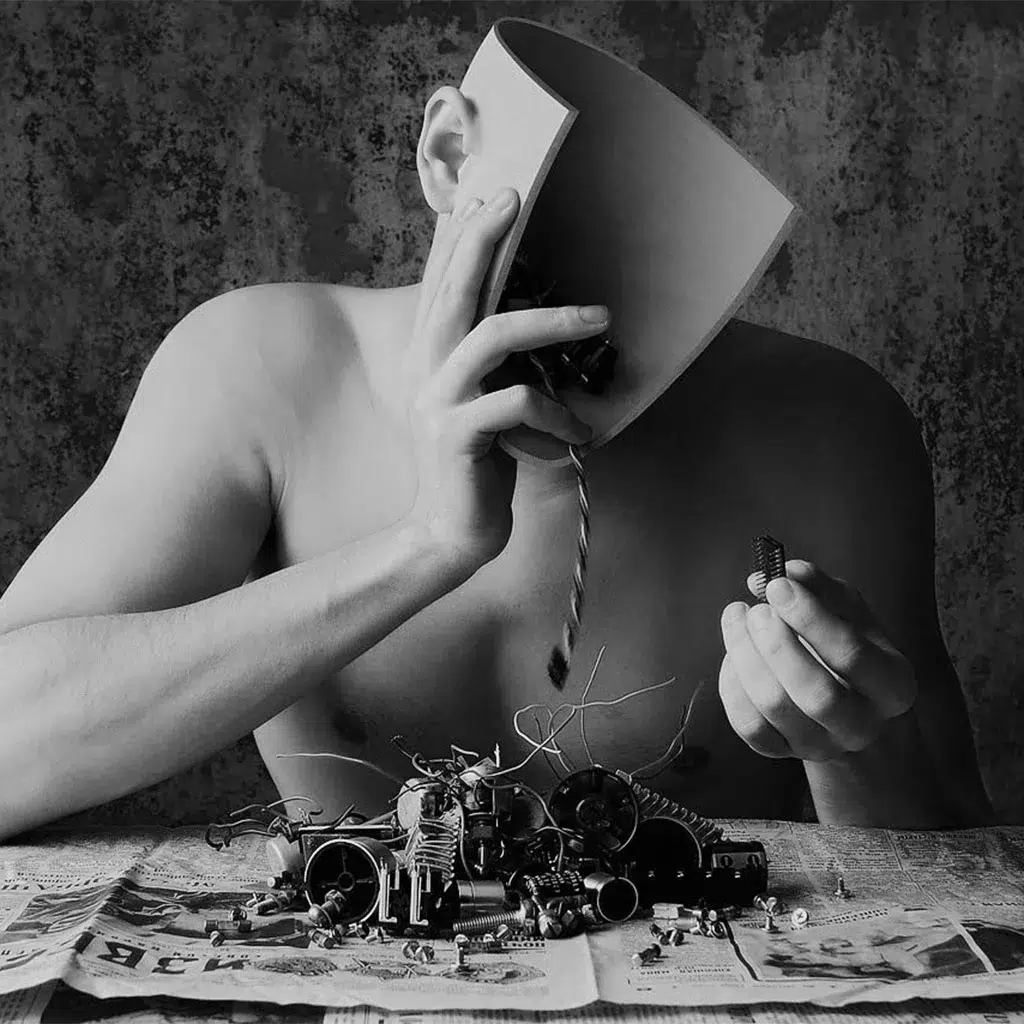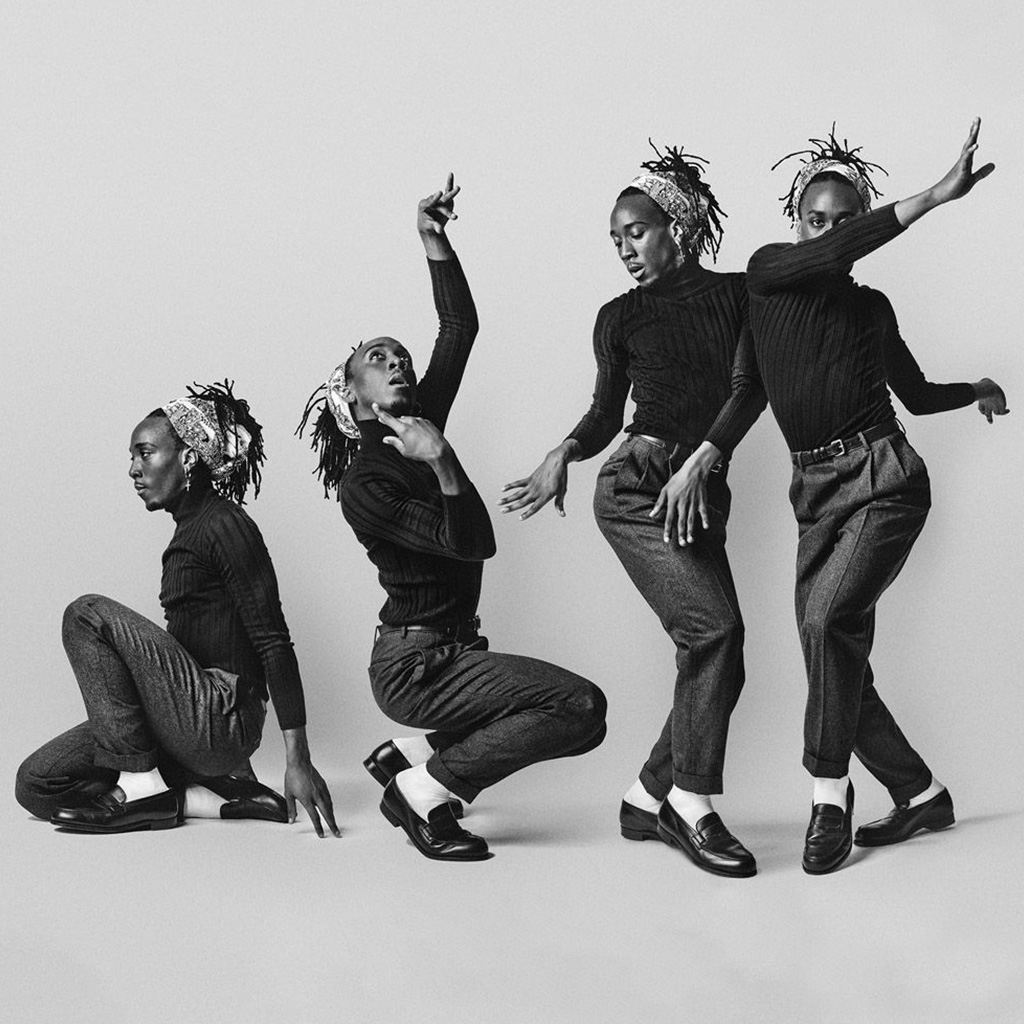The Hidden Cost of Success: Imposter Syndrome
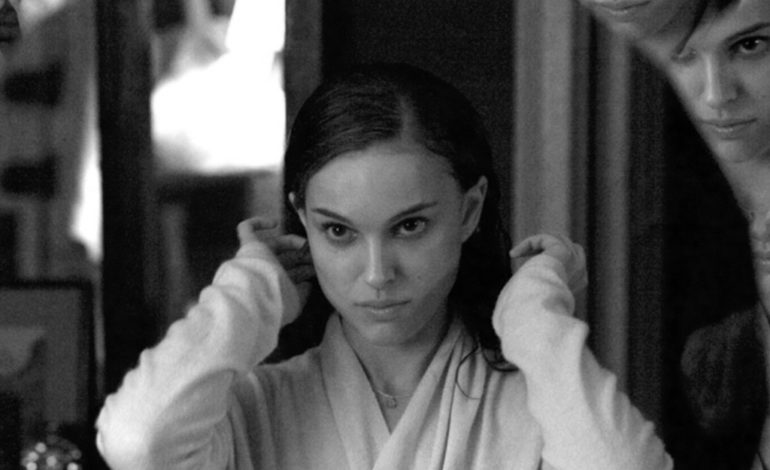
Success is what we all strive for, whether it’s in our jobs, relationships, or personal goals. However, what happens when we finally achieve that success and feel unworthy of it? Well, this is Imposter Syndrome, a psychological phenomenon where individuals doubt their own accomplishments and fear being exposed as frauds.

The Imposter Within: How to Recognize and Overcome Imposter Syndrome?
- Imposter syndrome is characterized by feelings of self-doubt and inferiority, often accompanied by the belief that one’s success is the result of luck or outside factors rather than personal merit.
- Individuals who are referred to as “Supermen” or “Superwomen” generally push themselves to work much harder than their peers to demonstrate that they are not fraudulent.
- They have a strong desire to triumph in all areas of their lives, including work and parenthood, which can lead to feelings of stress when they don’t meet their expectations.
Many movies have explored the theme of imposter syndrome, and here are some examples:
1. The Social Network (2010): This movie tells the story of Mark Zuckerberg, the founder of Facebook. Despite his immense success, Zuckerberg struggles with feelings of inferiority and a desire to be accepted by his peers, which ultimately leads to his downfall.
2. Black Swan (2010): Natalie Portman plays a ballerina who is consumed by her obsession with perfection. She struggles to cope with the pressure of playing the lead role in Swan Lake and starts to lose her grip on reality, leading to a spiral of self-doubt and paranoia.

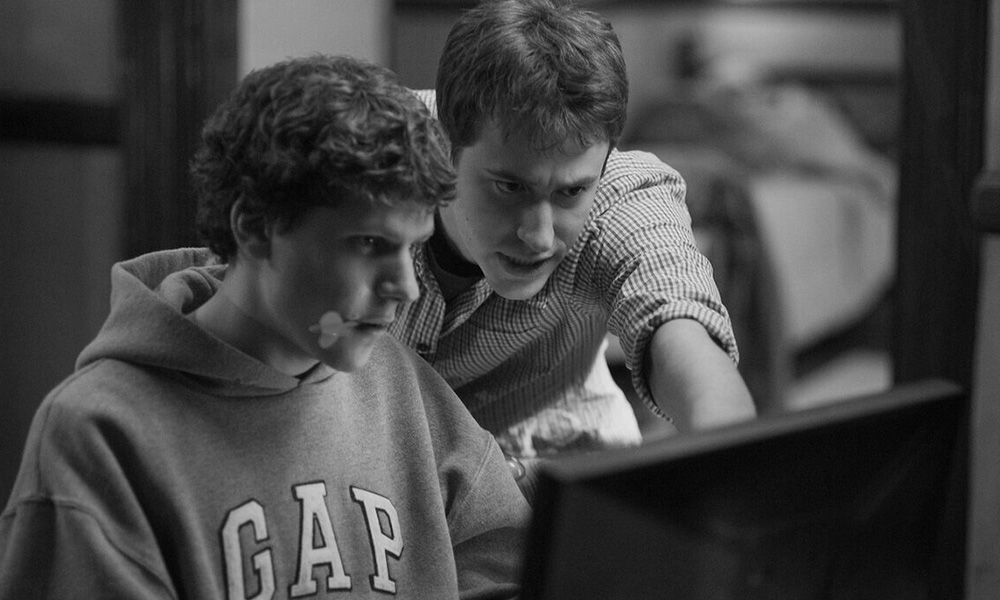
Who are the Celebrities Second-Guess Their Success?
- One of the most iconic musicians of all time, Lady Gaga, has publicly spoken about her imposter syndrome many times, she reveals, “I still sometimes feel like a loser kid in high school, and I just have to pick myself up and tell myself that I’m a superstar every morning so that I can get through this day and be for my fans what they need me to be.”
- Justin Timberlake is another artist who has talked openly about Imposter Syndrome and the anxiety that comes with it.


- Novelist and Pulitzer Prize-winner Junot Diaz has spoken candidly about his struggles with imposter syndrome, stating “I know how it feels to be considered the voice of your generation, and I’m like, ‘oh god, please no, not me.’”
- Even the legendary author Maya Angelou, who wrote timeless classics like I Know Why the Caged Bird Sings, admitted that she often felt like a fraud, confessing, “I have written eleven books, but each time I think ‘uh oh, they’re going to find out now. I’ve run a game on everybody, and they’re going to find me out.’


In the age of social media, where we are constantly bombarded with images of perfect lives and accomplishments, it’s easy to fall into the trap of feeling like we don’t measure up.
But it’s also important to remember that imposter syndrome is a mental hurdle that can be overcome with the right support and self-care practices. It’s okay to have doubts and fears, as long as we keep pushing ourselves and striving to be the best we can be.

Longing For Better Content?
No one belongs here more than you do.
Read thought-provoking articles that dissect everything from politics to societal norms. Explore critical perspectives on politics and the world around us.
Also, you can follow us on Instagram


